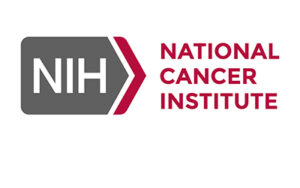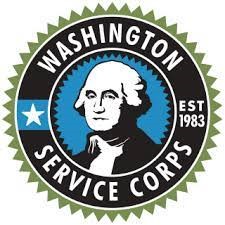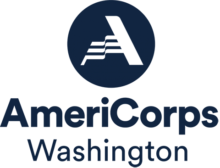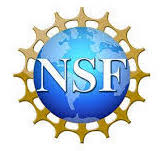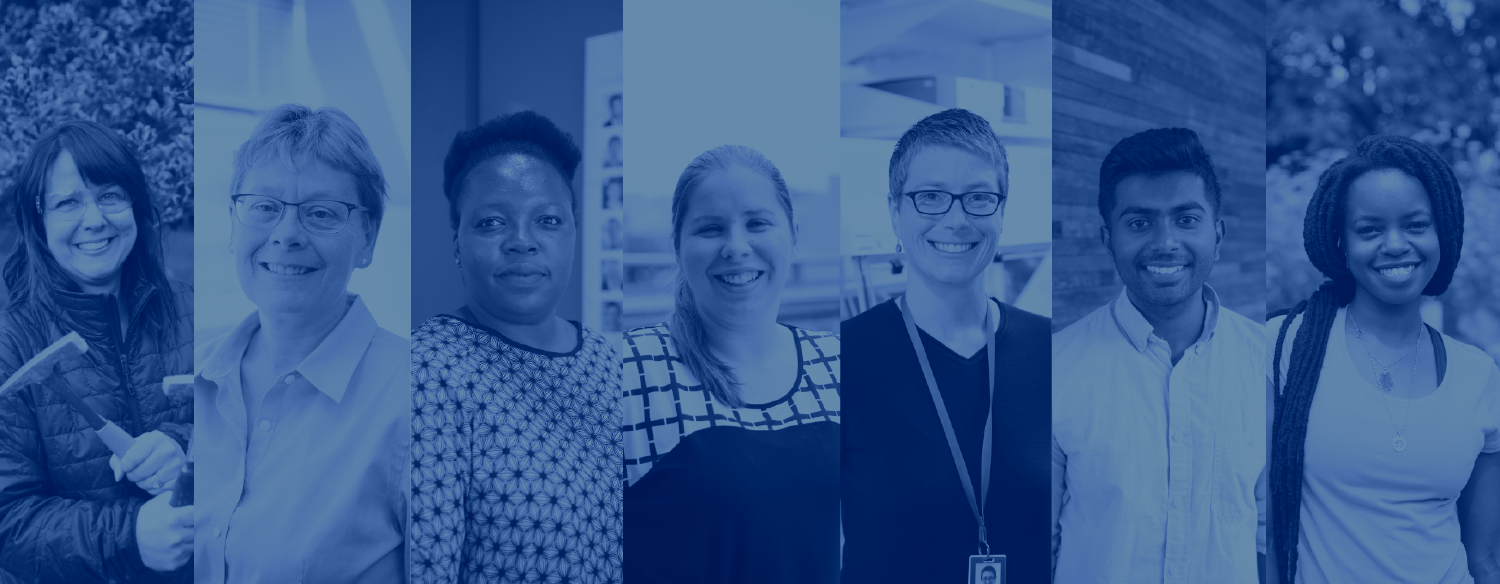2025-2026 Systems Thinkers in STEM Ambassadorship (STiSA)
We have GREAT news! Our AmeriCorps Members, who had their service terms paused by the federal government, are officially allowed back at ISB as of June 16, 2025. We are currently scheduling events. Here’s our current program calendar that compiles all SEE summer events and programs. New Ambassadors, if you completed the STISA course registration form that was emailed to you, we sent you an email from the “@isbscience.org” or “systemsbiology.org” domains for your course times. Please set your email client to receive our emails and monitor your spam and promotions folders. If you need help learning how to do this, view this page. We look forward to working with you in STISA this summer. Read below for more information on STiSA and please come back to this page in the future for real-time updates.
Current 10th and 11th graders were eligible to apply for STiSA. All applicants who completed the full application were accepted into STiSA and can choose whether or not to participate. You can participate in both STiSA and an internship, should you be selected. As a participant, you will first be invited to attend a 2-hour, virtual workshop: “Systems are Everywhere.” You will learn about systems modeling and how systems thinking is used in research and careers. From there, you will be invited to participate in other micro-courses (described below). These workshops will be held several times throughout the summer and potentially into next year. Most will be online, but we will also have optional in-person activities.
After you attend a 2-hour workshop, you will also be invited to join an interactive Slack channel. This allows you to stay connected with our team and each other to hear about upcoming opportunities to advance your systems thinking in STEM. This channel is an opportunity to learn more about STEM systems, to collaborate on projects, and to build connections with peers and ISB staff. The SEE team will regularly use this channel to share STEM-related opportunities at ISB, at the numerous partner organizations in our network, and projects you can lead in your community. These opportunities will include STEM projects led by AmeriCorps members related to the environment and health. This network is the perfect way to get more involved in STEM and your community throughout the years ahead. These opportunities will be a combination of virtual and in-person offerings that you can participate in according to your interest and availability. As we get to know you, we will add even more micro-courses based on YOUR interests! In the meantime, learn more about the course progression and read the individual course descriptions below:
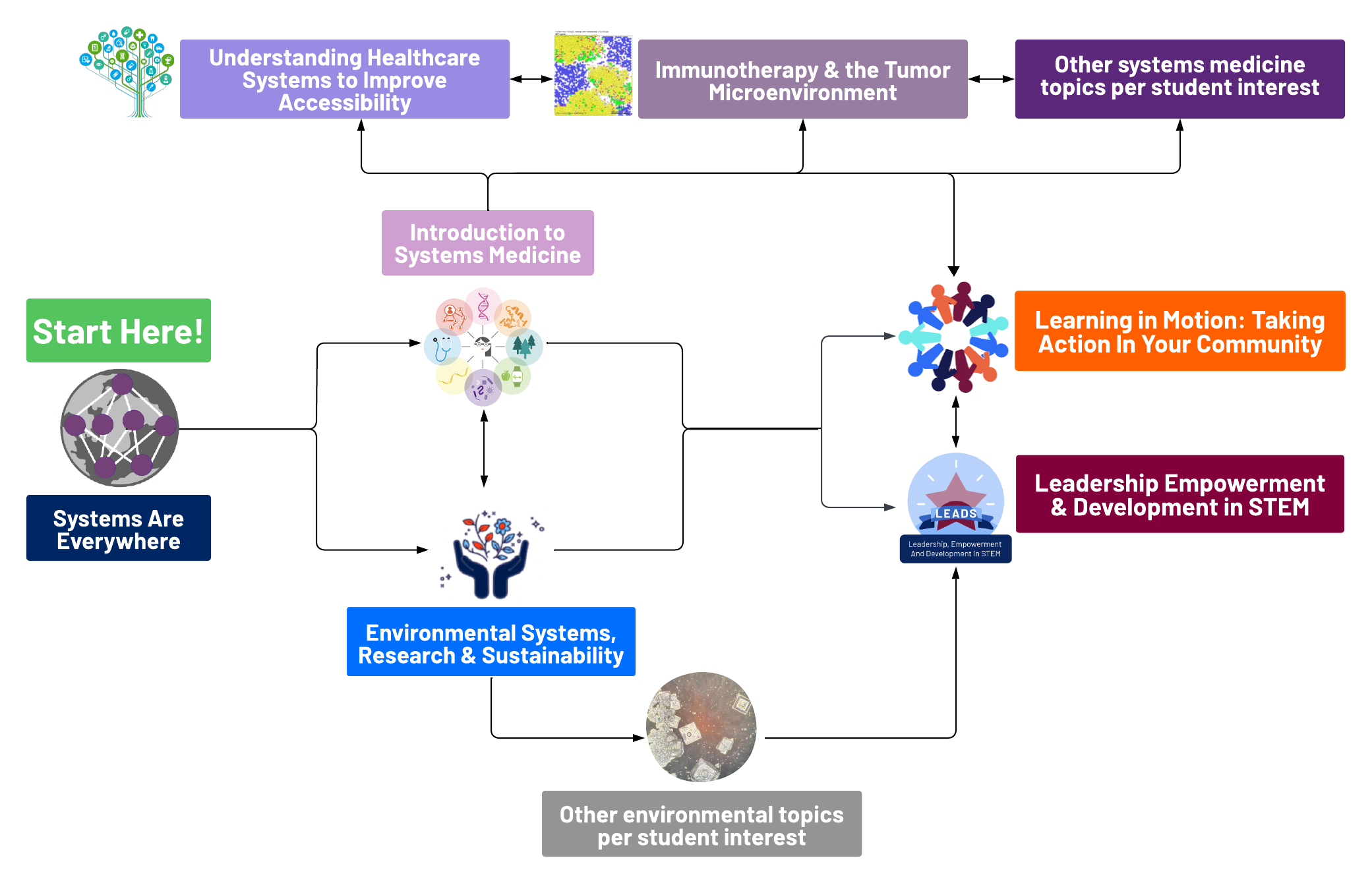
Systems Are Everywhere – This 2-hour workshop will prepare attendees to become a systems thinker in STEM. During the workshop, participants will:
- Learn what systems are
- Use an online modeling tool to create and modify a systems model
- Learn about systems thinking skills and why they are important
- Explore how systems thinking is used by STEM professionals.
- Build 21-st century learning skills, gain knowledge of STEM careers, pathways, and workplaces, and strengthen STEM identity and aspirations.
Agenda Overview:
| 10 minutes | Opening & Introductions |
| 40 minutes | LEARN about systems and models |
| 5 minutes | Break |
| 30 minutes | DEVELOP systems thinking skills |
| 30 minutes | APPLY your knowledge & skills to a complex problem |
| 5 minutes | Next steps: YOU can become a systems thinker in STEM |
Micro-courses descriptions:
- Introduction to Systems Medicine – Students will be introduced to the concept of systems medicine (medicine that is predictive, preventative, personalized and participatory), and how researchers and physicians alike can use this perspective to understand the human body as a complex network of networks.
- Environmental Systems, Research, and Sustainability: Students will complete a survey to gauge their interest in various environmental topics, such as, Ocean Acidification, Modeling Sustainable Food Sources, Invisible Forest, Bioengineering a Sustainable World and Carbon’s Fate. With this information students will be able to attend an additional workshop that is environmentally based and related to their interest.
- Learning in Motion: Taking Action in your Community – This micro-course is designed to inspire students to become active participants in their local communities. Students will explore how to identify needs and opportunities within their target community, how to develop a vision and goals for an action project, and review best practices for identifying and engaging with key stakeholders. After the workshop, students will be invited to remain connected with the SEE team and be mentored on their own individual project, which will eventually be showcased on our Featured Student Projects page.
- Other Systems Medicine Topics per Student’s Interests
- Once students have taken Introduction to Systems Medicine they have the opportunity to dive deeper into the topics of personalized medicine and healthcare systems. At this time, there are three ways we can do this.
- One option is through a new course called Understanding Healthcare Systems to Improve Accessibility. This interactive course will help you understand healthcare systems in the US and other countries so that you can take action on ensuring you and those you love get access to care.
- A second option is through the lens of immunotherapy. Immunotherapy and the Tumor Microenvironment is a 1-hour online course that introduces students to the basics of using Python. No prior coding experience is required.
- A third potential option is an in-person opportunity. Personalizing Disease Treatments for Breast Cancer Patients is a 3-4 hour hands-on, lab-based course for students to use techniques that help researchers and clinicians determine metastasis.
- Once students have taken Introduction to Systems Medicine they have the opportunity to dive deeper into the topics of personalized medicine and healthcare systems. At this time, there are three ways we can do this.
- Leadership Empowerment and Development in STEM (LEADS) – After completing Systems Are Everywhere, students will be invited to join a future cohort of LEADS. This program helps students build 7 major skills that are foundational to STEM leaders. See this page to learn more.
If you are interested in learning more about previous years’ STISA programs, view our Archived STISA Program Page and our Featured Student Projects page to learn more.
Thank you to our current sponsors! If you are interested in supporting and/or sponsoring this program, please visit https://give.isbscience.org/STEM-education. Thank you!
